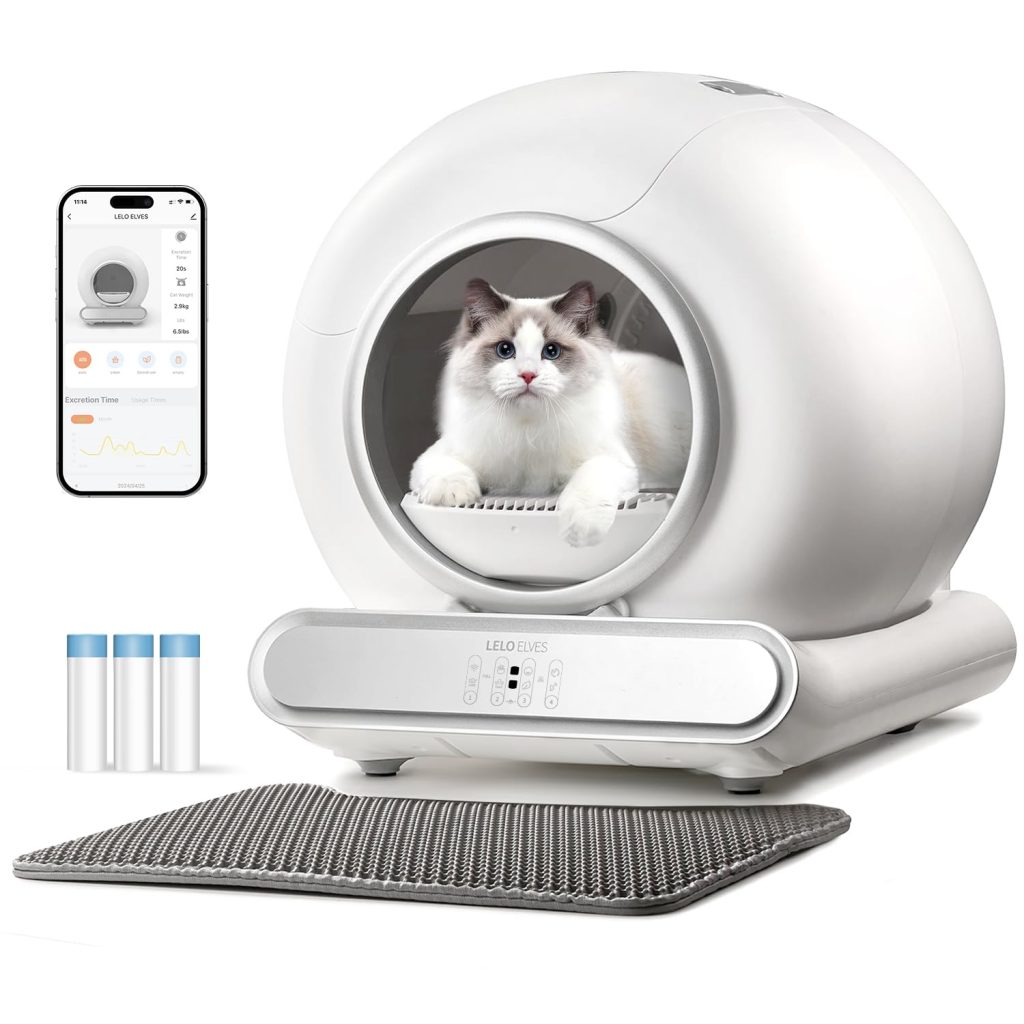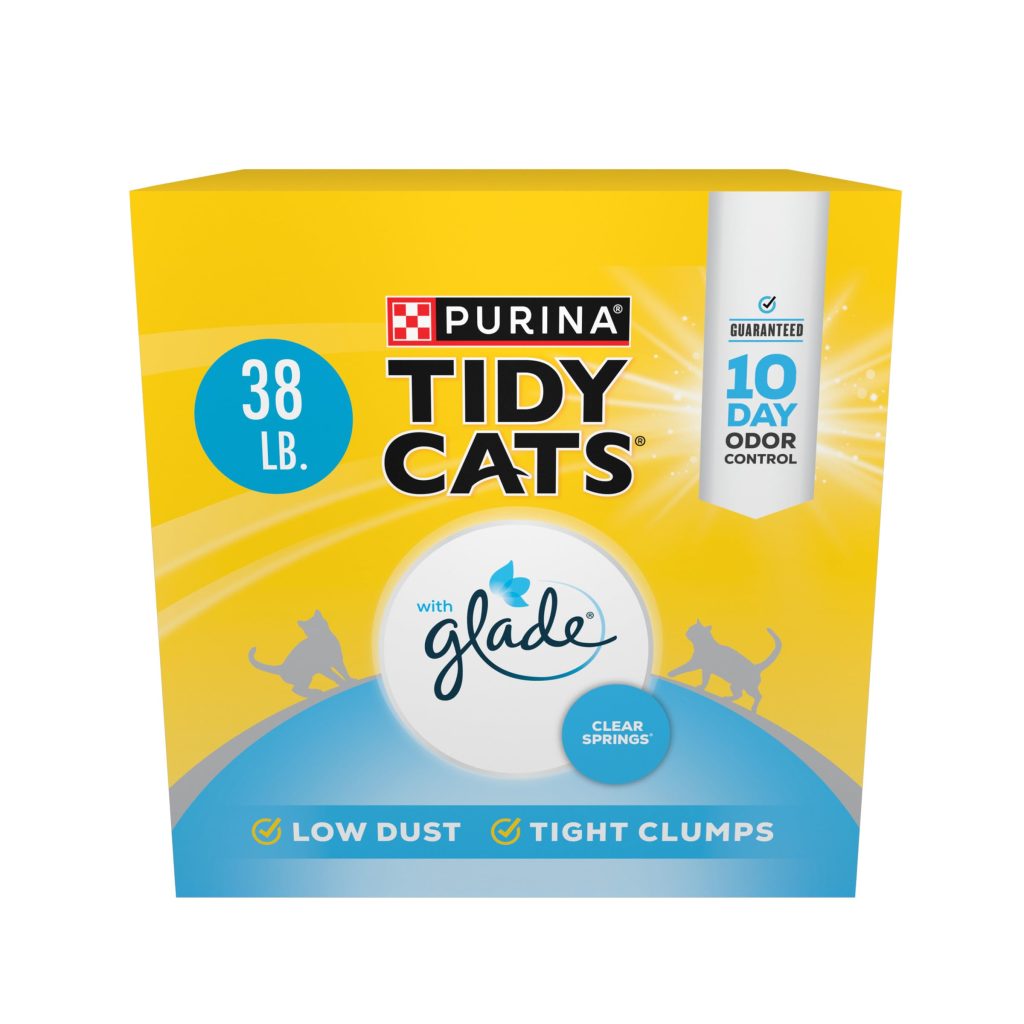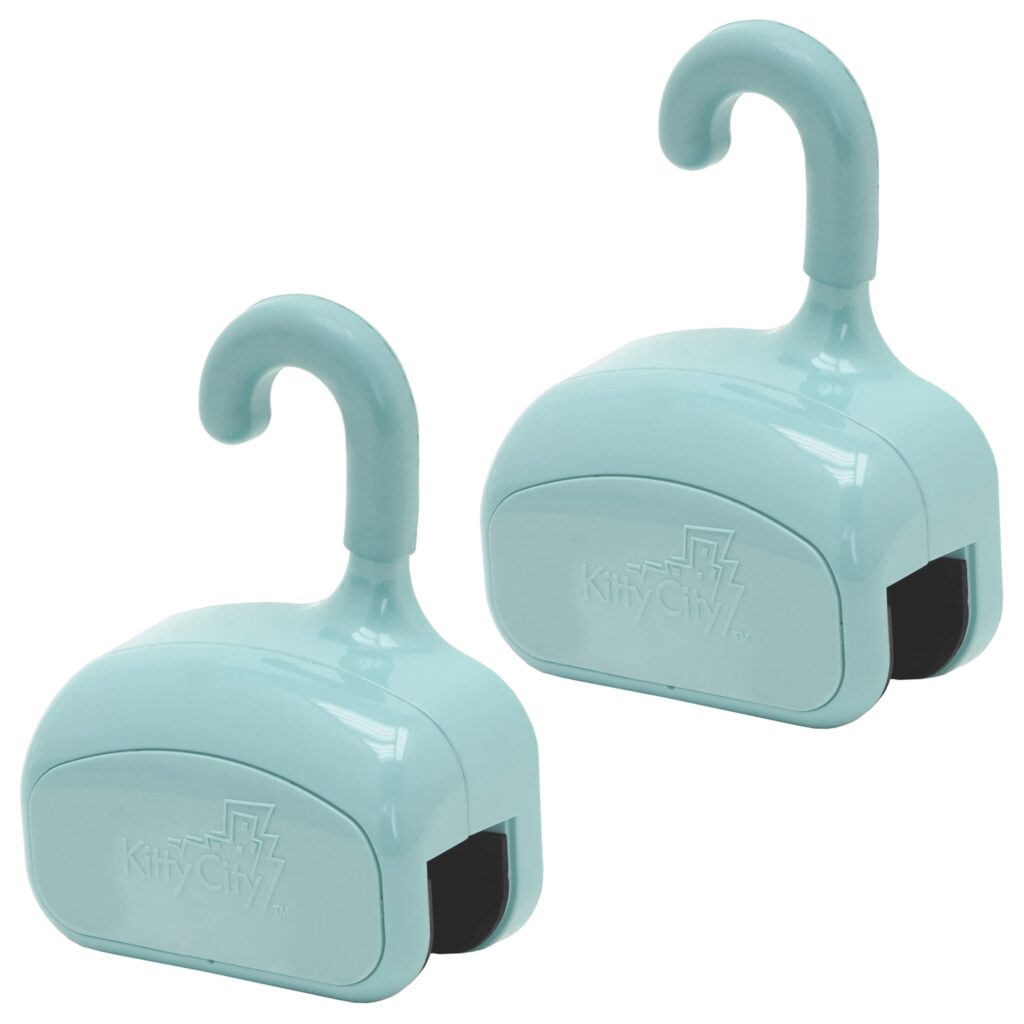
Feline Emotional Health: Nurturing Well-Being
Significance for Feline Health
Cats, like humans, experience a range of emotions and possess a complex emotional world. Ignoring their emotional well-being can have detrimental effects on their overall health. Feline emotional health plays a vital role in ensuring a cat’s physical health and longevity.
When a cat is emotionally well, they’re more likely to engage in regular physical activity, maintain a healthy appetite, and effectively manage stress. Conversely, neglecting their emotional needs can lead to behavioral issues, such as aggression, anxiety, and even physical problems like weight gain or loss.
Nutritional Components
While nutrition plays a important role in maintaining feline health, it also has a direct impact on their emotional well-being. Cats require a balanced diet that meets their specific nutritional needs to support optimal emotional health.
Include high-quality proteins in your cat’s diet as they help in the production of neurotransmitters like serotonin and dopamine that regulate moods and emotions. Essential fatty acids, particularly omega-3s, contribute to brain health and can improve a cat’s overall emotional state.
Incorporating antioxidants from fruits and vegetables, such as cranberries and blueberries, can protect the brain against oxidative stress and support cognitive function. Additionally, vitamins and minerals like B vitamins and magnesium play a role in mood regulation and reducing stress levels in cats.
Positive Impact on Cats
Nurturing a cat’s emotional health creates a positive impact on their overall well-being. Here are some ways in which prioritizing your cat’s emotional needs can benefit them:
1. Mental Stimulation:
Engaging your cat in mentally stimulating activities, such as puzzle toys or interactive play sessions, can prevent boredom and enhance their cognitive abilities. This leads to improved emotional health and a happier, more content feline companion.
2. Bonding and Trust:
Providing emotional support and spending quality time with your cat can deepen your bond and foster trust. This foundation of trust enables cats to feel secure, reducing anxiety levels and promoting overall emotional well-being.
3. Stress Reduction:
Cats are prone to stress triggers, such as changes in their environment or routines. By understanding and proactively addressing their stressors, you can create a calming environment that reduces anxiety and promotes relaxation. This helps maintain a healthy emotional balance for your furry friend.
4. Environmental Enrichment:
Creating an enriching environment for your cat stimulates their senses and encourages natural behaviors. Provide opportunities for climbing, scratching, exploring, and perch spots for observing their surroundings. This enrichment prevents boredom, reduces stress, and enhances their emotional well-being.
5. Emotional Support:
Sometimes, cats may experience emotional distress due to significant life events or traumatic experiences. Offering emotional support and providing a safe space can help cats navigate through these challenges and promote healing.
Just like humans, cats also require emotional nourishment to thrive. By recognizing the significance of feline emotional health, incorporating appropriate nutrition, and implementing strategies to enhance their emotional well-being, you can ensure a happier, healthier life for your beloved feline companion.






